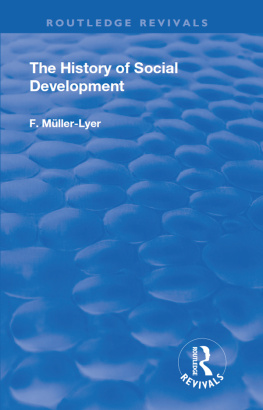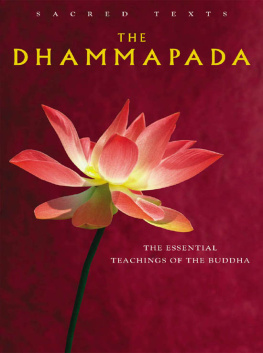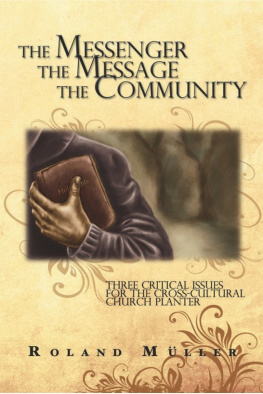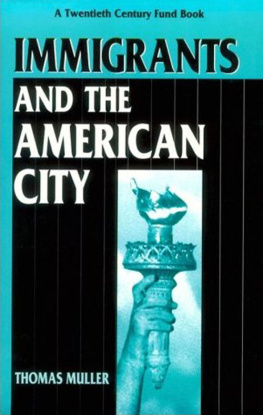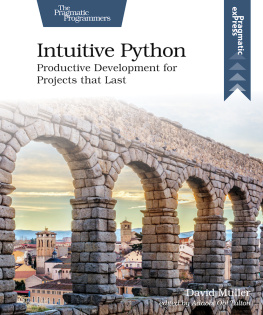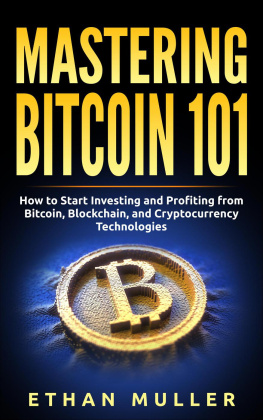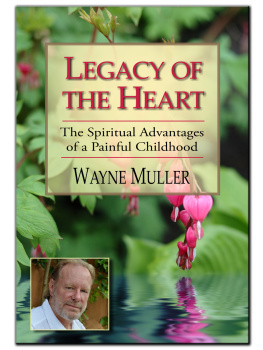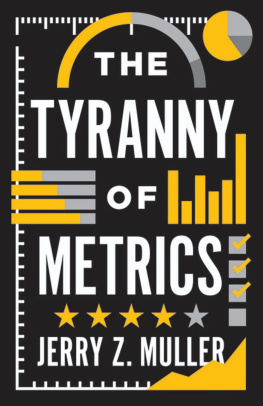
Notice
Mention of specific companies, organizations, or authorities in this book does not imply endorsement by the publisher, nor does mention of specific companies, organizations, or authorities imply that they endorse this book.
Internet addresses and telephone numbers given in this book were accurate at the time it went to press.
2005 by Karin Muller
All rights reserved. No part of this publication may be reproduced or transmitted in any form or by any means, electronic or mechanical, including photocopying, recording, or any other information storage and retrieval system, without the written permission of the publisher.
Cover photo Grant Faint / Getty Images
Book design by Patricia Field
Library of Congress Cataloging-in-Publication Data is on file with the publisher.
ISBN-13 9781594862236 hardcover
ISBN-10 1594862230 hardcover
ISBN-13 9781594865237 paperback
ISBN-10 159486523X paperback
ISBN-13 9781623361631 ebook

To the people of Japan

CONTENTS
I remember turning twenty-one in a squatters village on a remote island in the Philippines. I was celebrating a rather forlorn birthday in my tiny palm-leaf hut when a card arrived from my brother. The picture on the front showed a young woman laboring up a mountain to reach an unshaven guru sitting at its top. My brother had inked out the caption and scrawled Still looking for the meaning of life? in its place. It was an annoyingly perceptive comment from a guy who had already earned two degrees from MIT and had his eye on a Harvard MBA. My career, by comparison, was already starting to look like the scurrying tracks of a plover being chased by the waves.
After serving in the Peace Corps, I donned a gray suit and joined a consulting firm, then eventually started my own company. I got engaged. We bought a puppy and a hang glider. I filled our apartment with African violets and coffee-table books of exotic places that I would now almost certainly never get to see. We broke up. I sold my company. I put on a backpack, mothballed the suits, and got on a plane. For the next eight years I traveled the world with a video camera, looking for the meaning of lifein a Quechua hut on Lake Titicaca, among the Vietnamese Sea Gypsies anchored in forgotten caves on Halong Bay, and in the intricate Hindu battle scenes of Angkor Wat in Cambodia.
One day I woke up to find myself living in a hotel-like warren of twelve hundred identical apartments in Washington, D.C., and casually dating a divorce lawyer who was casually dating at least two other women. I had made it to that proverbial mountaintopI was working at National Geographic, post-producing a documentary series Id shot in South America for their global channel. And yet that birthday card still haunted me. The meaning of life. Was it just a childish quest, or had I given up too soon? I certainly wasnt going to find it here, in the tiny cubicles bathed in fluorescent light and the eight-year wait for a coveted underground parking spot.
Butas my parents kept reminding meI was thirty-four, and I wasnt getting any younger. Id already blown through half a dozen careers, learned six languages and forgotten three, and tried my hand at everything from flower arranging to flying ultralights. I approached relationships the same way I did a midwinter swim in an icy fjord: great expectations, wholehearted plunge, determined miseryand exit screaming. I had the uneasy feeling that the problem wasnt the system. It was me.
There was only one place where all of my worries would disappear, at least temporarily. Three times a week Id strap my gym bag to my bicycle and ride through downtown traffic to a judo academy. Id twist and throw and tumble on the mats for hours, then weave home drenched in sweat and utterly exhausted. On those nights I would sleep untroubled by either unsettling dreams or endless early-morning doubts.
Id taken up judo soon after the Peace Corps and studied it doggedly for eleven years. It had lasted longer than any boyfriend, longer than all of my New Years resolutions combined. It wasnt the rare moments of success that kept me coming back. It wasnt even the strength and coordination that I gradually acquired, or the confidence that I could defend myself under most circumstances. It was something... else. Most of my instructors were Japanese, and they approached judo with a sense of utter dedication to perfecting a profoundly difficult art. They seemed to glow with an almost ethereal calm and inner strength. They made it clear that you would never truly master the sport until you understood the philosophy behind it. And for that, they told me, you have to understand Japan. The spiritual peace the Japanese seem to find in simple objects and the contemplation of nature; their willingness to sacrifice their own needs for the common good. It was utterly alien to me, and I was fascinated. What could induce a monk to stare at a wall for seven hours a day? Or a geisha to spend a lifetime learning the elegance of a single gesture serving tea?
Focus. Harmony. Wa. I wasnt even sure exactly what wa was, but I wanted some.
But there was a catch. This wasnt something you could learn by cracking open the right fortune cookie. You had to dedicate yourself heart and soul to the effort. You had to go to Japan, immerse yourself in its culture and beliefs. You had to become Japanese. It would take at least a year, maybe more, and it wouldnt come cheap. I had spent most of the past decade working my way to the top; could I afford to throw it all away on another fools errand in search of peace and happiness? A part of me wanted to settle down and maybe even start a family. My body no longer bounced off the mats the way it had when I was twenty-five. After a hard workout, Id wake up stiff and shuffling, and injuries werent healing like they used to. And Japan wasnt known for its soft mats or easygoing instructors.
Examined in the light of day, the idea seemed, well, absurd. So I ran it by a few people in an offhand way, ready to distance myself from it at the first sign of scoffing.
A lifelong frienda man who had lived in Japan for twenty-eight years, married a Japanese woman, and raised three childrendidnt mince words. The only way youll ever become a part of Japanese society, he told me, is if you were born in a Japanese village to Japanese parents.
My old Asian-studies professor was somewhat more optimistic. No problem, he said. Just study Japanese etiquette for the next thirty years, speak through a ventriloquist, and wear a paper bag over your head.
You? scoffed an old hang-gliding buddy who had known me for years. Ha!
I finally had coffee with an art collector who had spent three decades studying antique woodblock cuttings and building his dream house on a remote island in the Japanese Inland Sea. He heard me out, then sat in silence for a few minutes. What does everyone else say? he asked.
Not optimistic, I conceded.
But youre going to do it anyway?
Of course.
Then, he said slowly, you are not Japanese.



